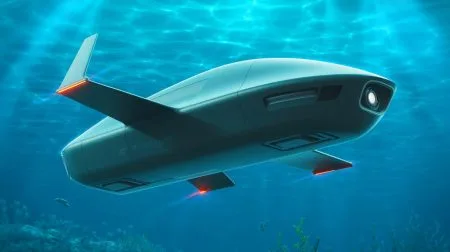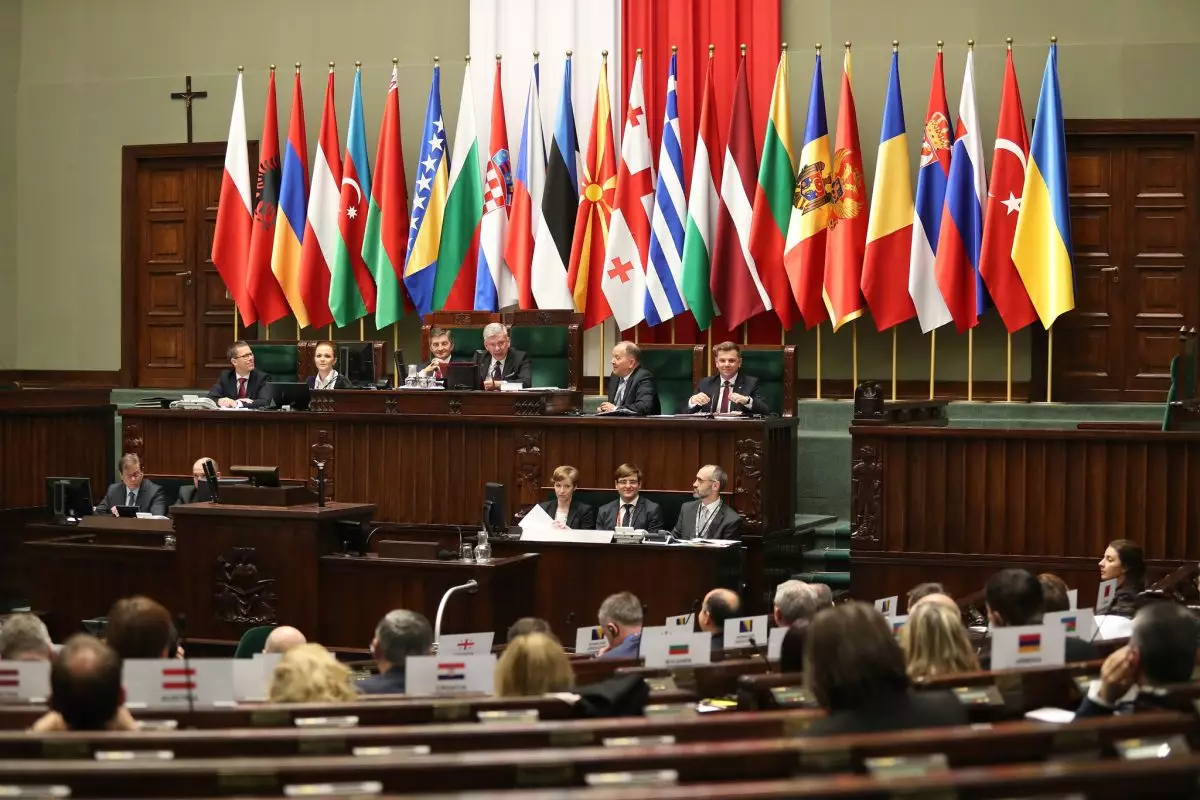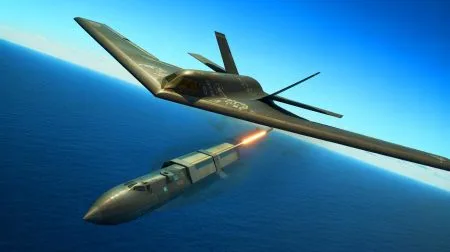Originally published in French in Présent.
Poland, Warsaw – On Wednesday 17 and Thursday 18 May, a summit of the Presidents and Vice-Presidents of the national parliaments of Central and Eastern Europe took place in Warsaw. It should be noted at the outset that the definition given to this geographical area for this summit proposed by Poland was very broad, since the represented parliaments ranged from the Baltic countries to Azerbaijan and Georgia, including the Visegrád Group (V4), Ukraine, Austria, the Balkans (including Greece) and Turkey.
A rather diverse group of countries, but sharing, at least in the case of European countries, common points which distinguish them from Western Europe: the experience of independence after the last two centuries at the cost of a struggle that was often very difficult or, for the countries of the former Eastern bloc, the experience of communist totalitarianism. Hence the particular attachment of these countries, including those who are members of the European Union, to their national sovereignty and individual and collective freedoms. Hence also an allergy to the interference of Brussels which was particularly stressed by the representatives of Poland and Hungary during this summit.
What unites these countries, and this has been reiterated by the presidents and vice-presidents of the represented national parliaments, is the refusal of a two-speed EU desired by some leaders of Western Europe, and the willingness of openness of the EU and NATO to other European countries that might want to join these organizations. Several parliamentarians (Polish, Ukrainian, Georgian) stressed the need for solidarity in the face of Russian foreign policy, and all agreed that mass immigration was a serious threat to the future of the continent, except the Turkish representative who on the contrary called the Europeans to be more open!
On the economic side, emphasis was placed on roads, rails, and energy infrastructure projects on the north-south axis, both to catch up on the west-east links, to take account of the growing trade and, in terms of energy, to diversify gas supply possibilities in order to no longer depend solely on Russia. Another element mentioned several times was the link between the infrastructure in Central and Eastern Europe to the Chinese New Silk Road.
It was the third parliamentary meeting of Central and Eastern Europe of this type since August 2016 and Poland would like to give them a cyclical character. The aim is to develop a parliamentary diplomacy among these countries, complementing the action of governments. Bilateral meetings were held for two days in parallel with the plenary sessions, but were not open to journalists. At the beginning of the month, the foreign affairs advisers of the presidents of twelve Central and Eastern European countries (Baltic States, V4, Austria, Romania, Bulgaria, Slovenia and Croatia) had met in Warsaw to prepare a summit In July in Wrocław as part of the Three Seas Initiative launched a year ago by Poland and Croatia.
Translated from French by the Visegrád Post.
Did you like it? 4.2/5 (27)






